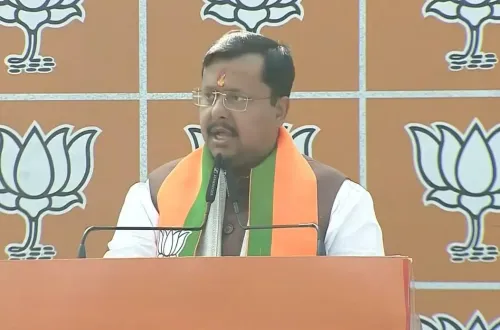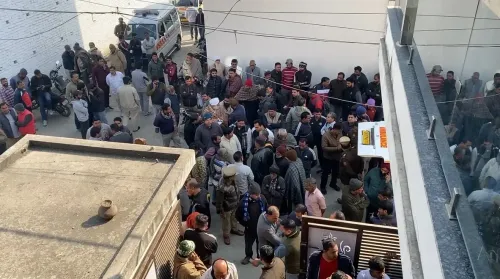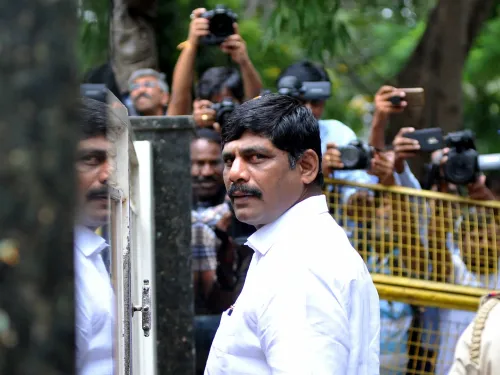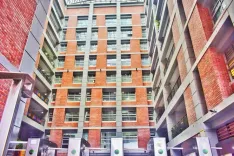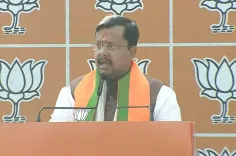Farmers Celebrate the Continuation of DAP Subsidy Extension
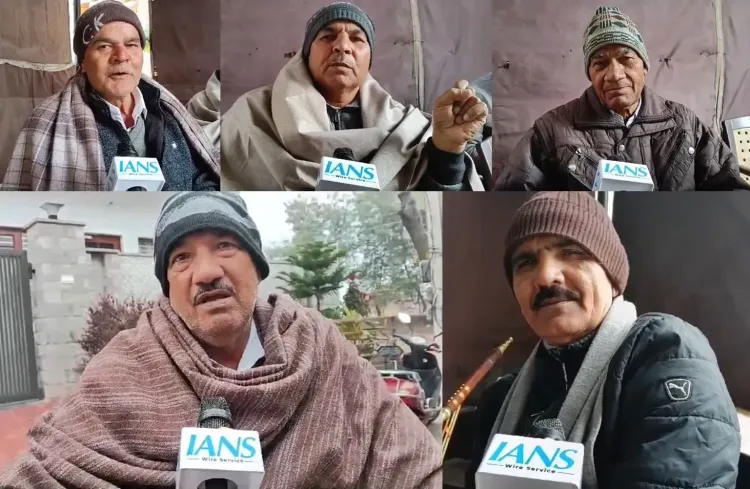
New Delhi, Jan 1 (NationPress) The Union Cabinet convened on Wednesday to sanction the continuation of a one-time special package for Di-Ammonium Phosphate (DAP) that extends beyond the NBS subsidy, aiming to secure sustainable availability at affordable prices for farmers.
Through this special initiative, farmers will still acquire DAP at Rs 1,350/- per 50 kg bag, with the government absorbing the additional costs.
The cabinet has allocated a one-time special package amounting to Rs 3,850 crore for DAP procurement. This added subsidy is intended to mitigate the impact of rising international prices, ultimately benefiting the farmers.
Due to geopolitical factors, DAP prices in the global market are unstable, making this decision crucial for shielding farmers from unforeseen expenses.
Numerous farmers from Haryana have expressed their support for this decision, labeling it farmer-friendly and a mutually beneficial arrangement for both the agricultural sector and insurance companies.
Rajkumar, a farmer, remarked to IANS, 'This is an excellent initiative. Farmers will reap significant benefits from this. The previous DAP costs were quite high, and this decision will alleviate our financial load.'
Another farmer mentioned that this government decision is commendable and would favor the farming community.
Roshan Sharma, a farmer from Kurukshetra, commented, 'It feels like a New Year gift for farmers.'
He further added, 'This is a wise decision from the government. It creates a win-win scenario for both farmers and insurance firms.'
Another farmer acknowledged that the Modi administration is making choices beneficial for farmers, while suggesting that additional measures should be implemented for effective disbursement.
One more farmer conveyed that the agricultural community appreciates the DAP procurement subsidy and expressed gratitude to the Centre for addressing their issues.
It is important to note that the fertilizer subsidy from 2014 to 2024 is estimated at Rs 11.9 lakh crore, compared to Rs 5.5 lakh crore from 2004 to 2014.


